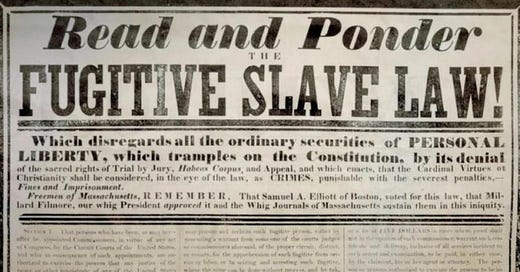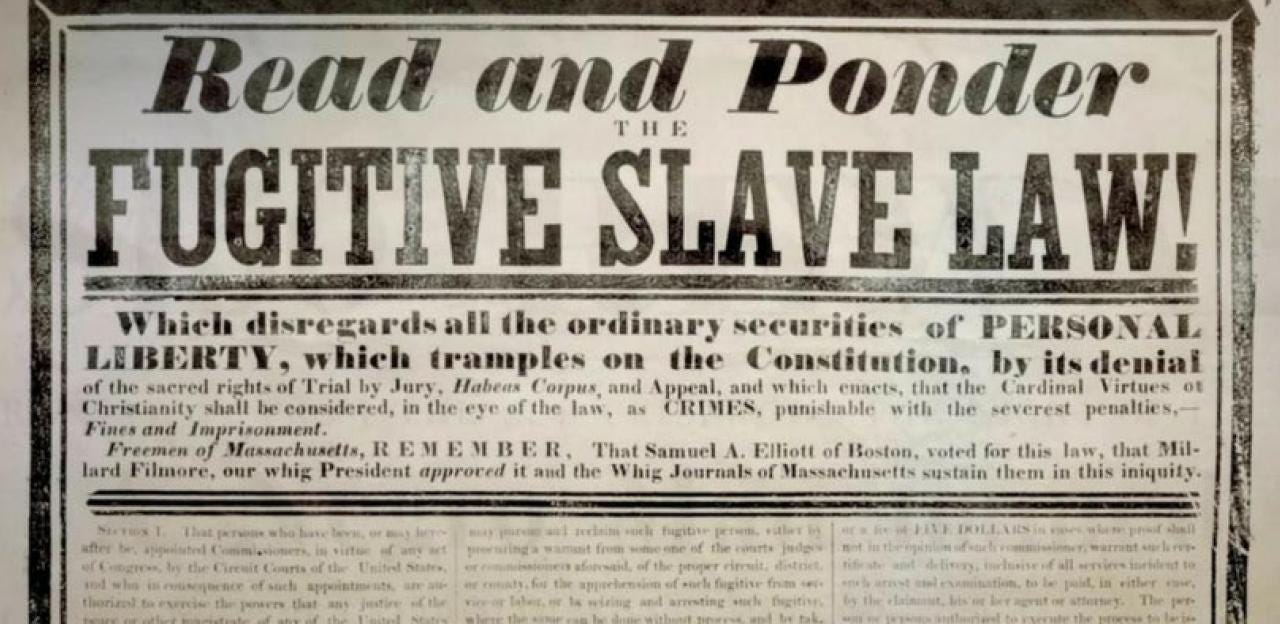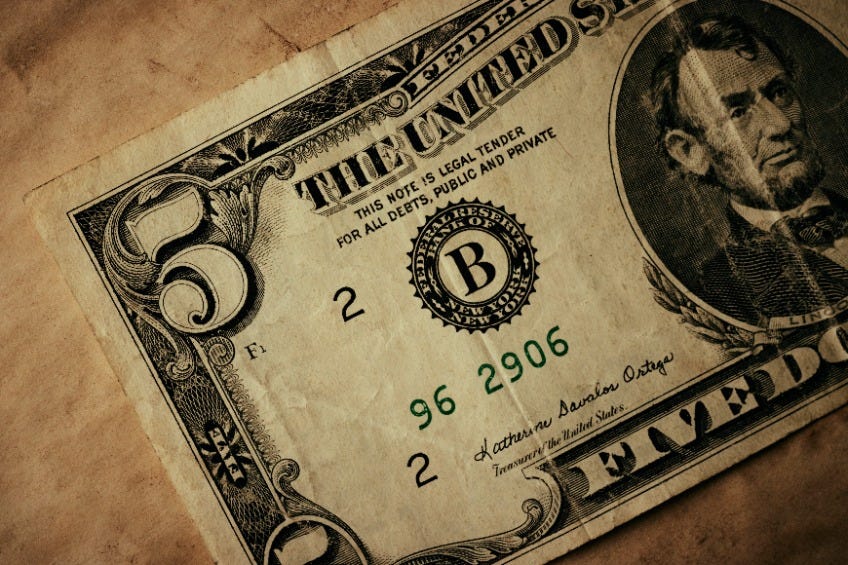Issue #500 Today In Black History, Wednesday, February 14, 2024
Today’s Black History WOW!
Enacted on February 14, 1850, the Fugitive Slave Act was a part of the Compromise of 1850, which aimed to maintain the delicate balance between the North and South regarding the issue of slavery. It required all citizens, regardless of their personal beliefs, to assist in the capture and return of runaway slaves. Under this law, even officials who sympathized with the abolitionist cause were compelled to participate in the enforcement of slavery.
The act also denied alleged fugitive slaves the right to a trial by a jury, thereby stripping them of their due process rights. Slave owners only needed to provide minimal evidence of ownership to claim a person as their property. This resulted in numerous instances where free black individuals were wrongfully captured and enslaved.
One of the most notable cases impacted by the Fugitive Slave Act was the capture and subsequent trial of Anthony Burns in 1854. Burns, a fugitive slave from Virginia, was arrested in Boston and held under the Fugitive Slave Act. The event sparked violent protests and outcries from abolitionists, illustrating the growing resistance against the institution of slavery.
In the years following the enactment of the Fugitive Slave Act, the abolitionist movement gained momentum and the fight against slavery intensified. African American activists such as Frederick Douglass and Harriet Tubman played significant roles in this struggle, risking their own freedom to aid others in their quest for liberation.
Today In Black History
- In 1760, Bishop Richard Allen, co-founder of the African Methodist Episcopal Church, was born into slavery in Delaware.
- In 1803, U.S. Supreme Court Chief Justice Marshall declared that any act of the U.S. Congress that conflicts with the Constitution is void.
- In 1817, it is believed that Frederick Douglass was born into slavery.
- In 1867, Morehouse College was organized in Augusta, Georgia. The school later moved to Atlanta, Georgia.
- In 1879, Senator Blanche Kelso Bruce became the first Black person to preside over the U.S. Senate when he was called to the chair during the absence of Vice President William A. Wheeler.
- In 1920, Mamie Smith became the first Black woman to make a record, recording “You Can’t Keep a Good Man Down” and “This Thing Called Love.”
- In 1936, the National Negro Congress was organized in Chicago.
The “Comments” feature has been disabled. Instead, let’s discuss these facts in our community on Substack Notes. You can also read other Substack publications without subscribing to them when you join Notes.
This post is free to read/listen to for three days after publication. To have 365 24/7 access to all our posts and podcast episodes and financially support “We Are Speaking” for no more than $5 per month, please subscribe at the paid level. You will receive a 7-day FREE trial!






